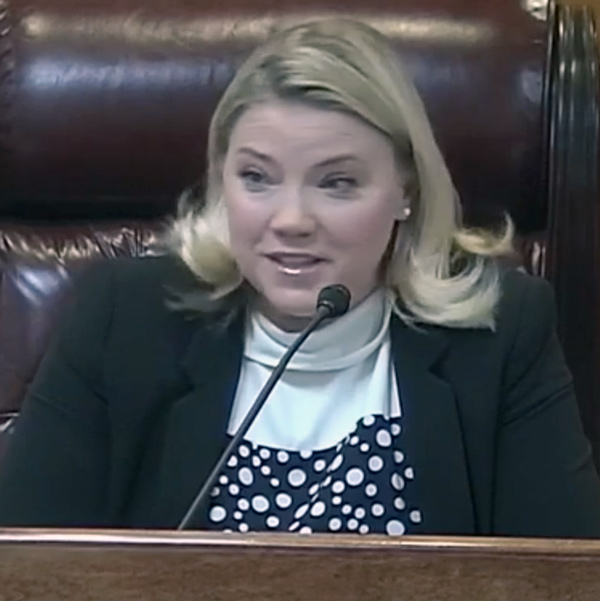By Rory D. Sweeney
BALTIMORE, Md. — While panelists discussing baseload price supports at the annual meeting of the National Association of Regulatory Utility Commissioners last week didn’t find much common ground, they did agree that energy markets should put a price on the attributes the grid needs.

The discussion revolved around the U.S. Department of Energy’s Notice of Proposed Rulemaking, which urged FERC to adopt price supports for generators that can maintain a 90-day fuel supply. The proposal has been criticized for ostensibly focusing on coal and nuclear units, but discussion has not focused on what qualities the grid requires to be reliable and resilient.

Steve Herling, PJM’s vice president of planning, attempted to narrow it down.
“We probably have the best fuel mix in the industry,” he said. “If this is all about fuel mix, this is not PJM that’s the problem.”

“The proposal on the table is a solution in search of a problem,” said Marty Durbin, the executive vice president and chief strategy officer for the American Petroleum Institute, which supports oil and natural gas interests. “We’ve earned the market share that we have.
“The polar vortex keeps coming out, and I want to grab my red challenge flag and throw it on the floor,” Durbin said, referring to arguments that gas-fired units don’t have enough fuel security to maintain the reliability of the grid. The severe cold snap in the winter of 2014 created a reliability scare after as much as 22% of PJM’s generators were unable to run when dispatched and gas prices spiked.

The NOPR referenced that situation as an example of why larger units with onsite fuel are necessary, even if they are uneconomic.
“Wyoming’s interest in the NOPR is really about our customers and our coal, not about coal generation,” Wyoming Public Service Commissioner Kara Brighton said.
Define and Value
“We have never viewed the FERC NOPR as a subsidy for coal,” said Paul Bailey, the CEO of the American Coalition for Clean Coal Electricity. “We view this as a way to value a resilience attribute.”

Other panelists agreed.
“We need to decide what’s important and put a value on them,” Durbin said. “That’s really all this is about.”
“This has to be solved holistically,” Herling said. “Infrastructure alone isn’t going to solve the problem. Fuel security alone isn’t going to solve the problem. … Resilience is a rest-of-career conversation.”

“Before we conclude that the markets aren’t supporting these resources, we should ask the question: ‘Do we have the right market rules?’” said Kathleen Barrón, senior vice president for competitive market policy at Exelon, the nation’s largest nuclear operator. “What are the risks that we’re facing, both from manmade and natural sources, to those sources of fuel supply? We probably should get some input from [federal departments] that are experts in security … and have those organizations provide input to the RTOs.”



